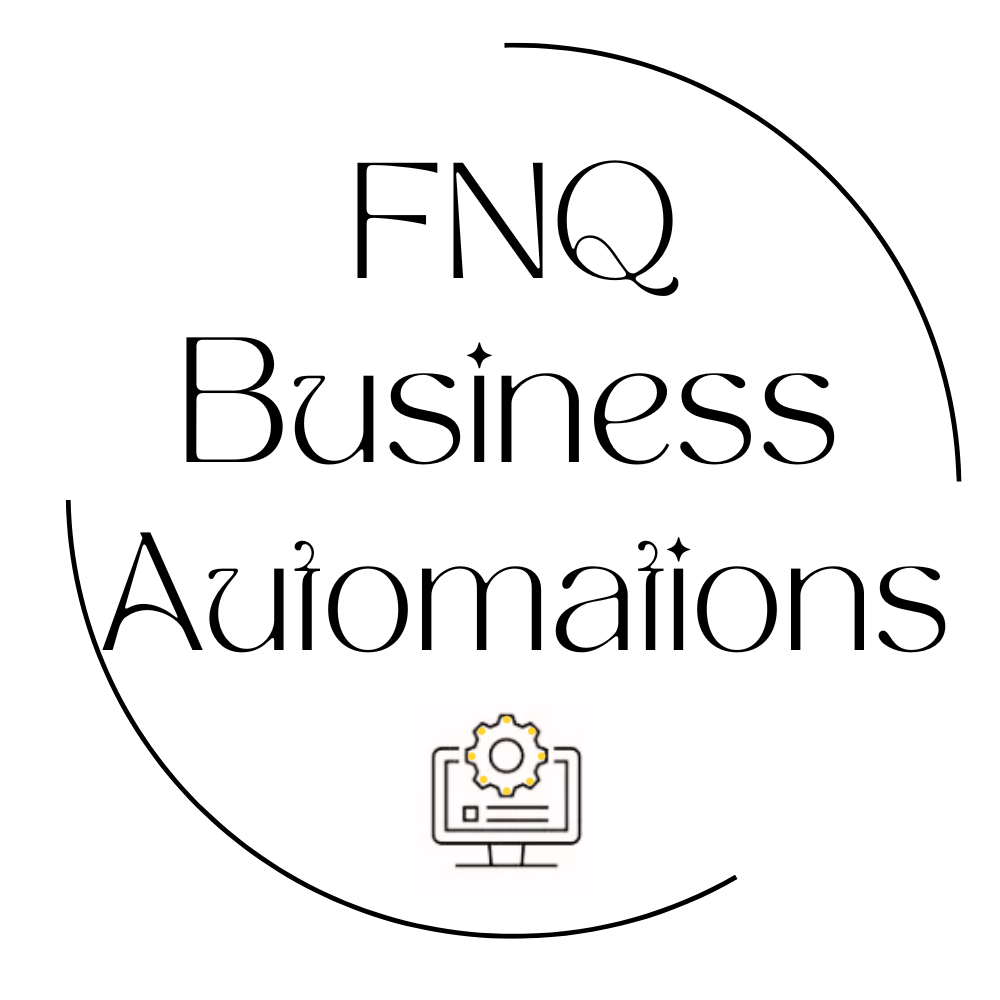Why Future AI Tools May Not Mimic Humans – And Why That’s a Good Thing
As artificial intelligence (AI) continues to evolve, there's a growing conversation about its role in our lives and how closely it should resemble human behaviour. While some envision AI systems that mirror human thought and emotion, experts argue that the most effective AI tools may, in fact, operate quite differently from us – and that's beneficial.
The Misconception of Human-Like AI
It's a common belief that for AI to be truly effective, it must emulate human reasoning and behaviour. However, this assumption overlooks the unique strengths of AI. Unlike humans, AI systems excel at processing vast amounts of data, identifying patterns, and performing specific tasks with high efficiency. Attempting to make AI "think" like humans could limit its potential and introduce unnecessary complexities.
AI's Unique Strengths
Current AI tools, such as large language models, are designed to analyse data and generate responses based on patterns. They don't possess consciousness or emotions, which allows them to operate without the biases and distractions that can affect human decision-making. This objectivity can be particularly advantageous in fields like data analysis, logistics, and other areas where impartiality is crucial.
The Risks of Anthropomorphising AI
Assigning human characteristics to AI can lead to unrealistic expectations and misunderstandings about its capabilities. For instance, expecting AI to exhibit empathy or moral judgment can be problematic, as these are inherently human traits that AI does not possess. Recognising AI as a tool rather than a human equivalent helps set appropriate boundaries and ensures its applications are grounded in reality.
Embracing AI's Distinct Nature
By accepting that AI operates differently from humans, we can better harness its strengths. This perspective encourages the development of AI systems tailored to complement human abilities rather than replicate them. Such collaboration can lead to more effective problem-solving and innovation across various industries. Forbes
